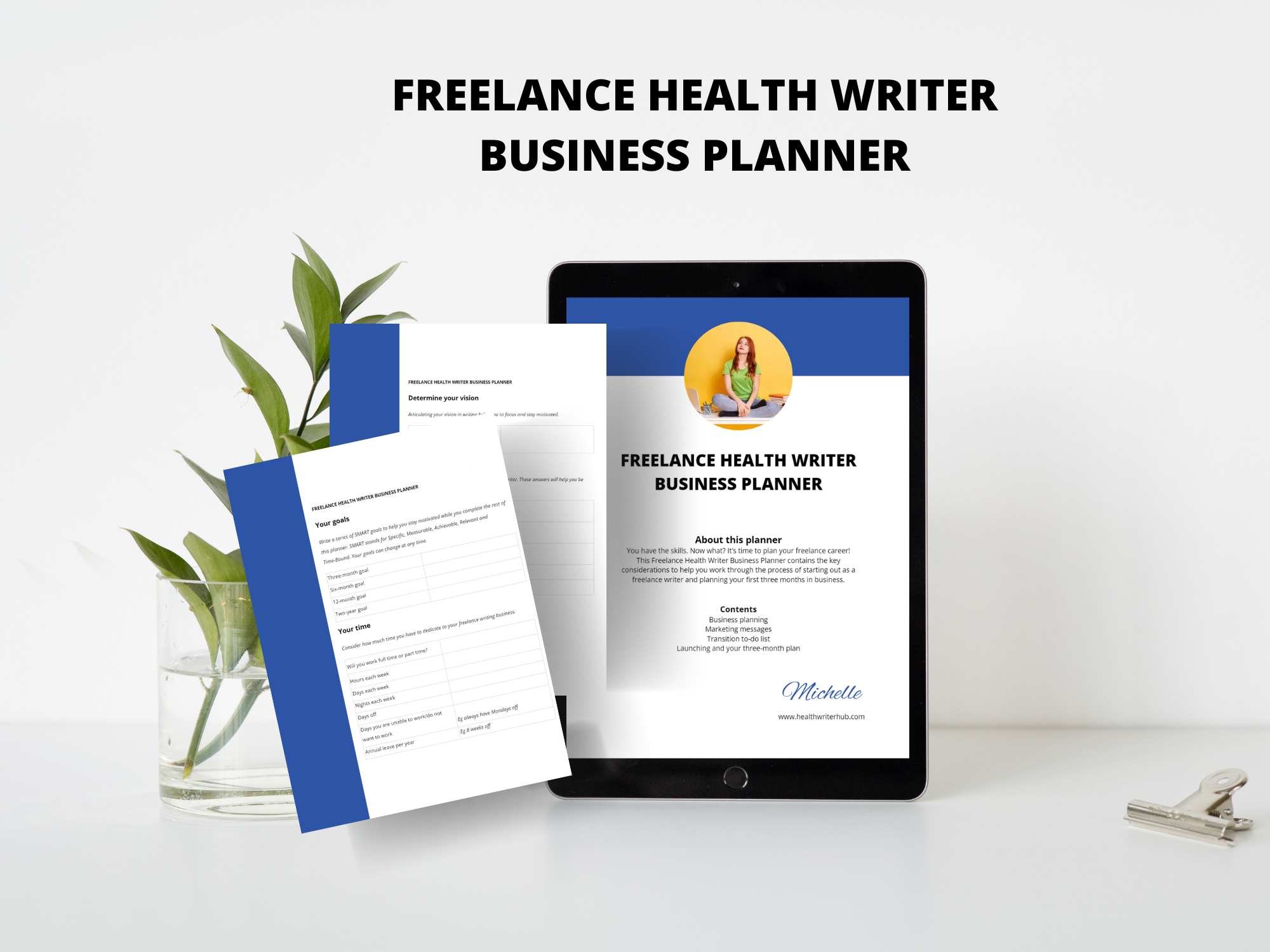Conducting expert interviews is a great way to add substance, insight and credibility to your articles and features, as well as expanding your network and medical knowledge base. But contacting health experts for comment can seem daunting – even old-hands at interviewing get nervous.
Here are some coaching principles you can use to get you interviewing with ease and having some fun in the process as well.
Create a safe space when conducting your expert interviews
Your health expert may be feeling nervous just as nervous as you are, especially if they have been burnt by media before. It’s important to empower them with a sense of safety. Always start the conversation by checking this is a good time and setting expectations for the interview.
Explain what you are writing, who you are writing for and how you want to help your readers. This helps frame the context and sets some limits and boundaries for the conversation.
Be clear about how long you will need for the expert interview, and stick to your agreement. If you need more time ask permission to keep going or reschedule. Promise to send a copy of the published article to them – and keep your word.
Develop a rapport with your expert
Developing rapport is an art form and essential to help your expert open up in an interview. With good rapport within a few minutes, you can be interacting like old friends – and having some fun, too. There are a number of things you can do to speed up this process.
Demonstrate your knowledge of the expert during the interview – it’s perfectly OK to flatter them a little – but not too much or you may endanger your self-respect. Engage them quickly in talking about their area of interest to help them feel comfortable with you. Use small talk or humour to help put them at their ease.
Once you have established rapport, you can slip in your curly questions and they will hardly notice.
Ask the expert the curious questions
When thinking about the questions you might ask be curious about the world as seen from the eyes of your expert. And be curious about why your readers will care about what your expert has to say – what is in it for them? Why should they invest time in your article and reading about the work of your health expert? Keeping reader focussed will drive the development of great questions – and give your expert interviewee a good reason to keep talking to you.
In the interview, drill down into the who, what, when, where, why and how of the subject matter. This will draw out all the information you need and more.
Draw on your reading and background knowledge to make connections and ask questions from a different perspective. This will keep your expert from repeating their standard spiel – and will keep you on your toes too.
Listen, listen, listen
Conducting expert interviews is as much about listening as it is about asking questions. When you are nervous it can be easy to talk to too much. But remember the purpose of the interview is to tap into the wisdom of your expert. You are in conversation to hear their words not yours – save your words for the actual writing.
Never be afraid to say you don’t know or ask for another explanation – what you learn may open the way for new article ideas. It’s critically important to check if your understanding is correct, particularly if this is a new area for you. Make good use of reflections like “So what you are saying is…”, “Does this mean…” or “So it sounds like…” – you get the idea.
If you listen carefully and check for understanding then you can have faith in yourself that you will translate and transmit their message faithfully. After all that’s what great writers like you do every day.
To conduct expert interviews, use your nerves wisely
It’s completely normal and natural to feel nervous before an interview. Nerves are nothing more than the release of adrenalin as part of the fight or flight reaction. Some adrenalin is good – it will keep you alert and focused and enhance your performance.
You may choose to do some relaxation or a short mindfulness meditation before the interview to settle your nerves and keep you centred. But don’t get rid of the butterflies all-together – use their energy to help you fly.

